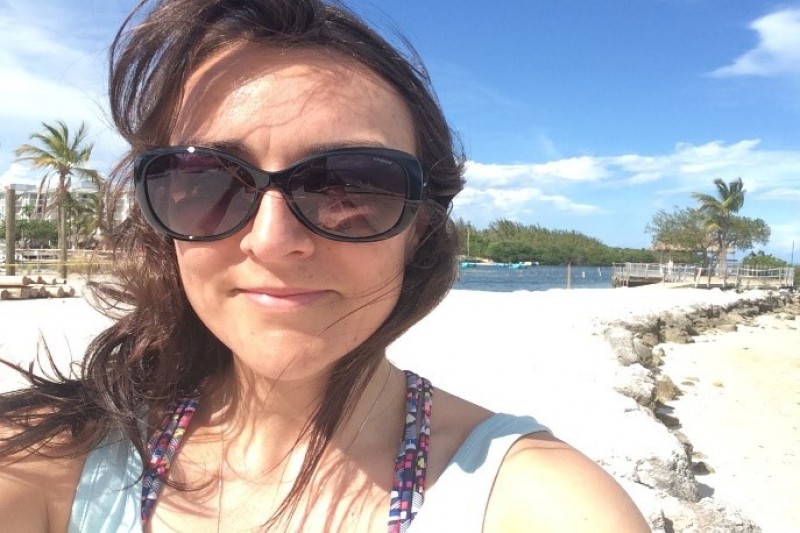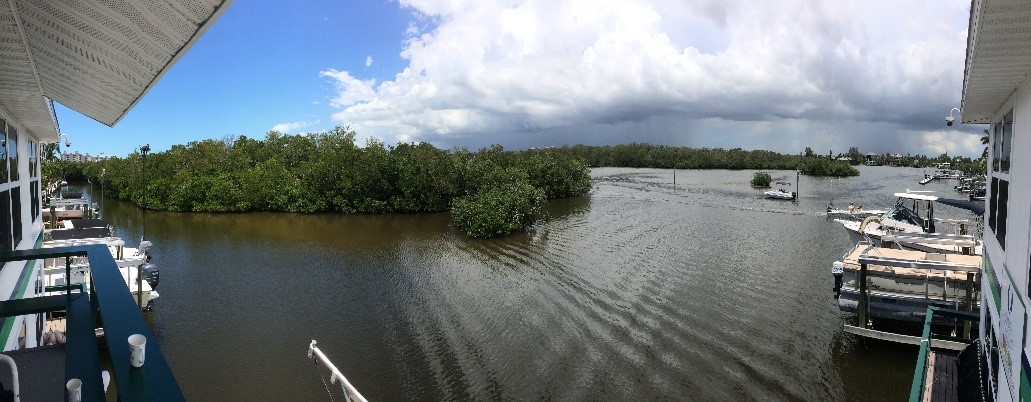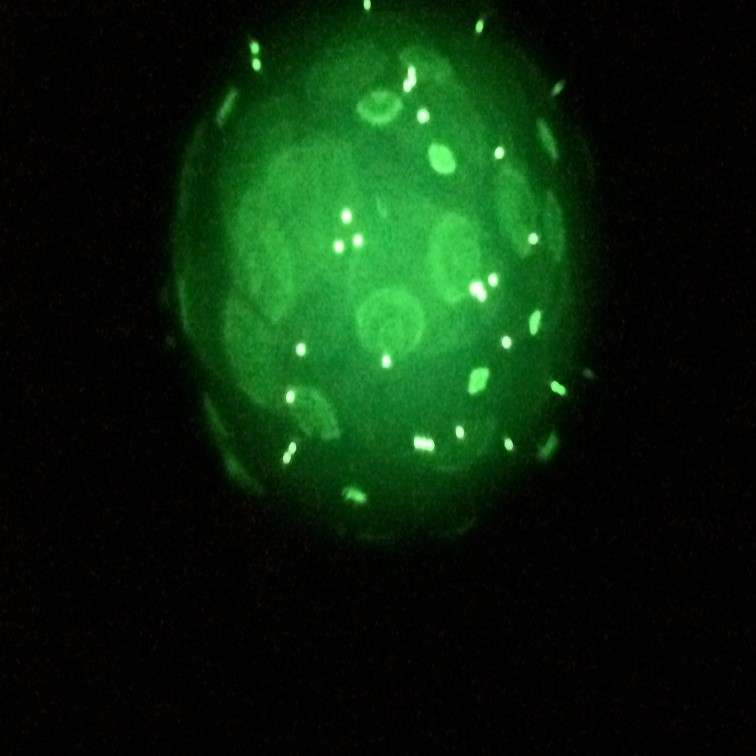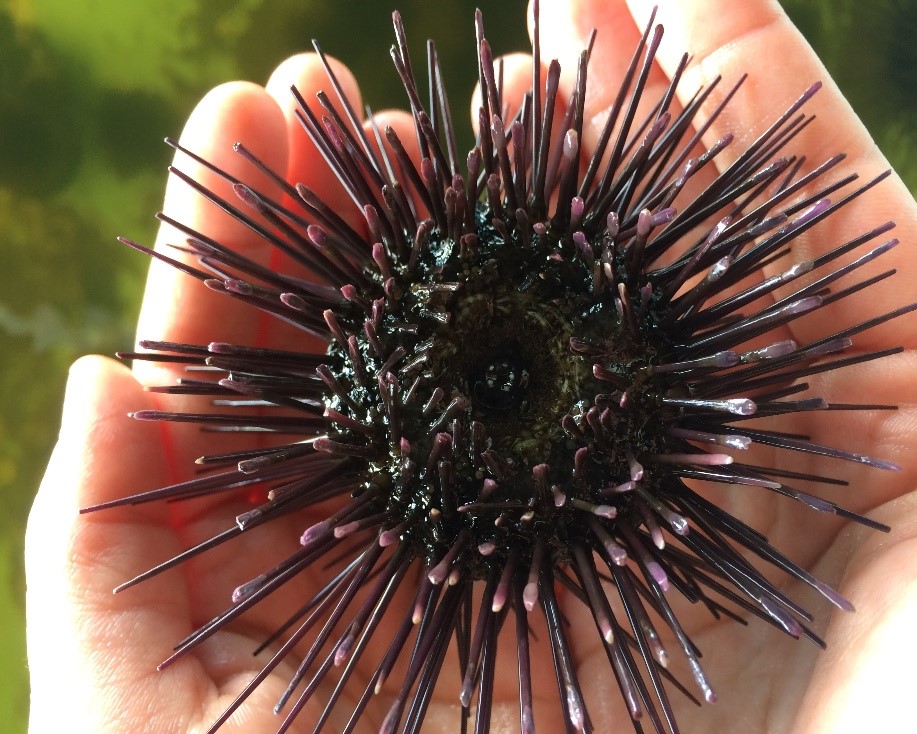Investigating natural challenges alongside the threat of microplastics on Florida’s marine life
Coleen Sucking
Bangor University

Coleen used a CSMS Stepping Stones bursary to partially fund a trip to Florida in the interests of widening her experience, network of collaborators, develop new ideas and generate data. Her report follows below:
The Stepping stones Bursary allowed me to travel from North Wales to Fort Myers and visit the Florida Gulf Coast University for a month. As soon as I arrived at the Florida Gulf Coast University (FGCU) I was kept busy. One of their outstanding Technicians based at the Vester field station (which sits in the mangroves and channels through to the open waters of the Gulf of Mexico) had already collected all of the organisms we needed by Scuba diving. So we immediately started setting up the experimental laboratory in their excellent facilities (air temperature and photoperiod controlled) and began! To initiate collaborative links with ecophysiologist Dr Joelle Richard we carried out a short study to determine the physiological impacts of variations in coastal seawater parameters in combination with microplastic pollution on keystone marine organisms. Our data show some interesting responses which have raised more questions which we hope to address with her colleagues on a multidisciplinary context in the near future. Around this work at the Vester station we were treated to frequent visits by wildlife such as dolphins, manatees and pelicans, which was a delightful bonus to my trip.
Image: Vester Station
I also used this opportunity to travel across the State to scope out Government Marine facilities as well as meeting researchers in other universities to discuss scientific approaches and potential teaching resources thus maximising the opportunity that this bursary presented to me.
Image: Fluorescing Microplastics
This trip also allowed me to gain insight into working within American Higher Education Institutes and research environments which is certainly worthwhile when considering future employment and collaborative options outside of the UK. I highly recommend others to apply in order to gain excellent opportunities which will help in their career paths. Once again, thank you CSMS.

Image: Sea Urchin
coleen.suckling@bangor.ac.uk
Latest News
Royal Society Publishing Photography Competition 2025
Please see a message from the Royal Society below:
We are delighted to announce that the 2025 Competition is now open for entries until 15 August for a chance to win £1000! The competition celebrates the power of photography in conveying the wonder of science happening all around us and photographs can be submitted in the categories of: Astronomy, Behaviour, Earth Science and Climatology, Ecology and Environmental Science, and Microimaging.
The competition is free to enter and open to anyone studying or working in science at graduate level or above. Category winners will receive a one-year membership to the Royal Photographic Society and the overall winner will receive a grand prize of £1,000. Find out more: https://bit.ly/RSPphotocomp
October 2025 MEDIN Workshop: Marine Data Management, Governance and the MEDIN toolset
The Marine Environmental Data and Information Network (MEDIN) are pleased to announce that registration is now open for the next occurrence of our popular free online training workshop: ‘Marine Data Management, Governance and the MEDIN toolset’ on the 13th – 17th October 2025 on OceanTeacher Global Academy.
Marine Data Management, Governance and the MEDIN toolset
The Marine Environmental Data and Information Network (MEDIN) and OceanWise are delighted to invite you to attend our popular free online training workshop: ‘Marine Data Management, Governance and the MEDIN toolset’ on the 19th – 23rd of May 2025.
